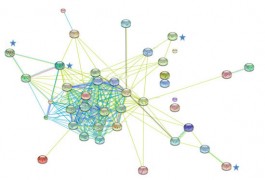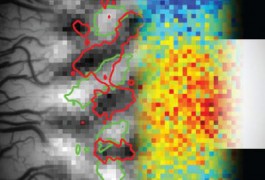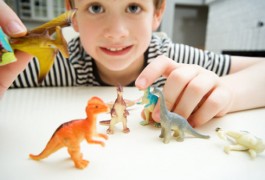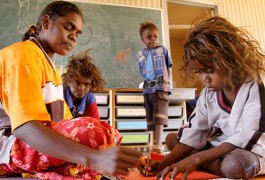Clinical research: Speech devices useful for people with autism
Speech-generating devices are a beneficial intervention for people with autism who cannot speak or sign, according to two studies published in the past few months.


Speech-generating devices are a beneficial intervention for people with autism who cannot speak or sign, according to two studies published in the past few months.
Individuals with intellectual disability are more likely than controls to have harmful mutations in autism candidate genes, according to a study published 11 March in the American Journal of Human Genetics.

Parents of children with autism choose treatment options based on what they believe caused the disorder, according to a French study. More education about autism could help them make better choices.

Adults with autism get better at recognizing faces after they are trained to observe faces as a whole, instead of focusing on individual features, according to a study published 12 April in the Journal of Autism and Developmental Disorders.

Variants of three genes involved in a metabolic pathway together raise the risk of autism, according to a study published 5 March in the Journal of Neurodevelopmental Disorders.

People who have severe gastrointestinal problems during childhood are no more likely to be on the autism spectrum than are healthy controls, a study reported 21 March in Developmental Medicine and Child Neurology.

The brain collects information on an object’s orientation, direction and speed all at the same time, according to a study published 15 April in NeuroImage.

Smaller-than-normal volume in several brain regions, including a region involved in relaying motor signals, could be a marker for repetitive behavior in 3-year-old children, according to a study published 7 April in Autism Research.

A child in Australia is more likely to have autism if he or she is the first-born, is born to a woman who is older than 40 years, or belongs to a family of higher socio-economic status, according to a study published in March in PLoS One.

Researchers can use bioinformatics tools to identify existing mutant mice that can model features of autism, according to a study published 21 March in the Journal of Biomedical Informatics.